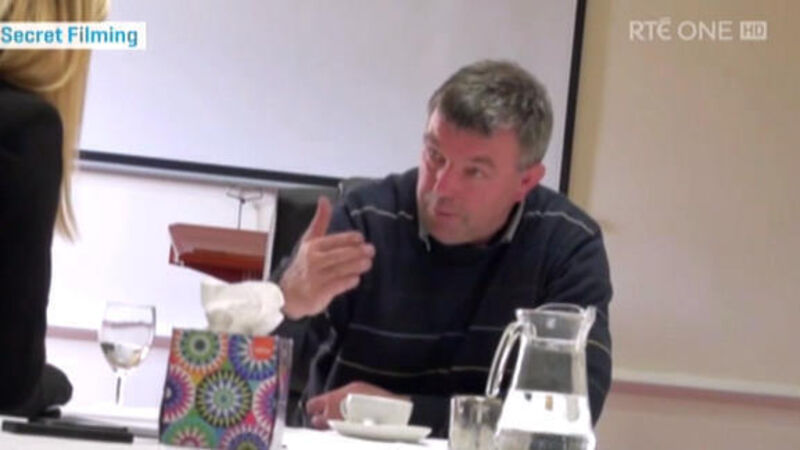Crooked politicians destroy faith in democracy

Politicians are seldom crooked but they are mostly complicit. No, it is not by and large that they turn a blind eye to the corruption of others.
A learning from the tribunals and from Monday’s RTÉ Investigates programme is that those who shake down the system are instinctively furtive.












